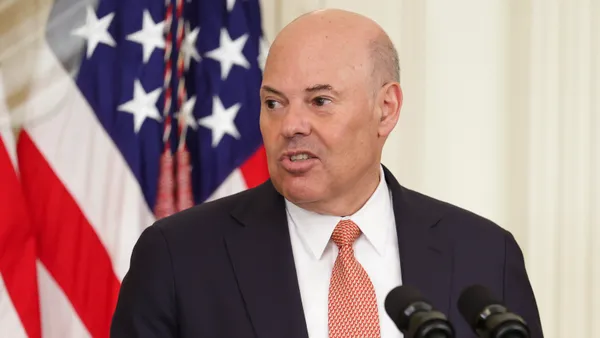Dive Brief:
- Retaliation has risen to the top reason as to why HR and employers find themselves on the wrong end of an employee lawsuit, and the EEOC is expected to release its first update on retaliation guidelines since 1998, according to Human Resource Executive.
- The EEOC's timetable for releasing the new guidance is anyone's guess, but public comments were closed back in late February.
- According to HRE, speculation ranges from the new regs merely parroting court decisions on retaliation since 1998 to the EEOC potentially opening the litigation floodgates by expanding so-called protected activity.
Dive Insight:
Ben Huggett, shareholder at Littler Mendelson in Philadelphia, told HRE his law firm is wary of the expected new guidelines because they are likely to be very broad and fall outside actual legal parameters.
Due to that broader interpretation of what constitutes retaliation, Huggett told HRE that HR leaders will face "potential retaliation" cases, which again fall outside the legal standard. It's going to create more time and effort to defend retaliation cases, he explained, because the EEOC can act beyond those normal legal parameters.
Mellissa Schafer, partner at Hinshaw & Culbertson in Los Angeles, told HRE that if an employer faces a retaliation complaint to play it safe and do nothing but the status quo regarding work schedule, duties or employment status. And keep emotions under wraps.
"Many of my employer clients think they've done everything correctly, bent over backwards to assist their employee and still end up with a claim against them," Schafer told HRE. "Don't take any of this personally. Stay as unbiased and neutral as possible in order to not let emotions get in the way of making correct decisions."












